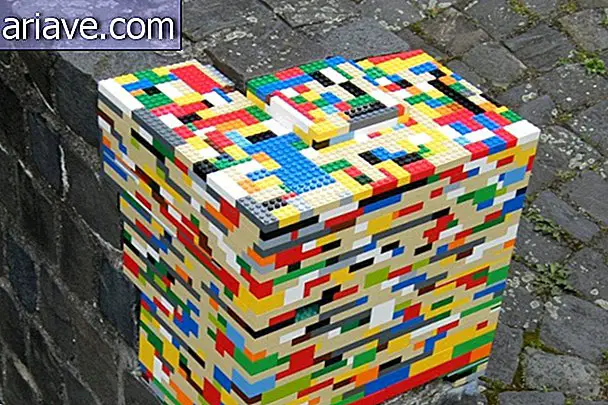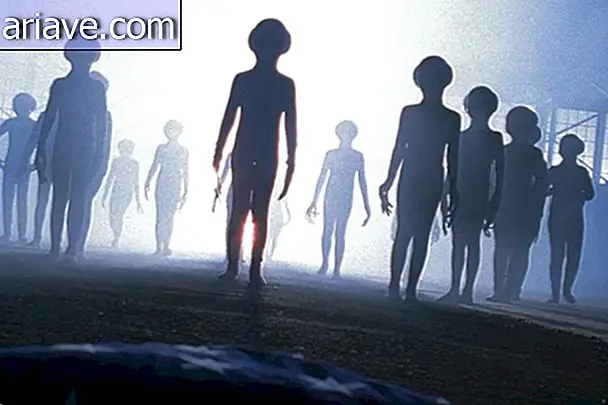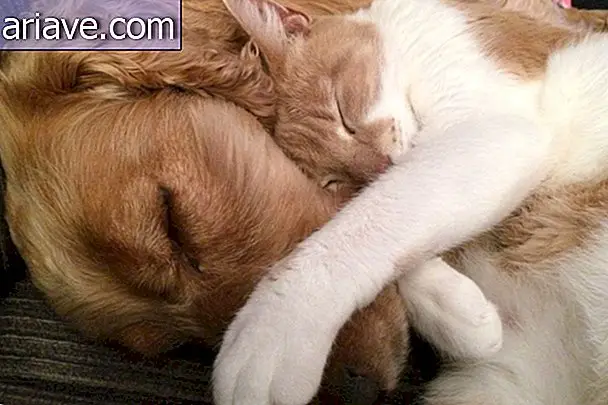Can cartoons really disappear from the open TV?
If you wander around the Internet today, you are likely to run into several groups expressly outraged by what was considered the first shovel of cartoons on open Brazilian TV.
Not coincidentally, as PL 5921/2001 aims to eliminate any advertising aimed at children - which would make most programs for children dependent on private sponsorship unfeasible. In addition, there is the endorsement of a resolution triggered by Conanda (National Council for the Rights of Children and Adolescents), which eventually put even more wood on the fire.

Some go a little further, claiming that, in fact, the bill was passed several months ago and is therefore already in force. But let's take it easy. Before you take to the streets in defense of the Goku or the Woodpecker, it is worth noting where things really are - eliminating, in the process, a large number of hasty interpretations and downright misreadings.
What is PL 5921/2001?
Bill 5921 was originally presented in 2001 by Deputy Luiz Carlos Hauly, from the PSDB of Paraná. Regarding the objective, it is “Prohibit advertising for the sale of children's products”, as stated in the website of the Chamber of Deputies.
As mentioned above, if 5921/2001 is even approved, it is becoming fearful that this could cause reasonable disruption to cultural productions for children, as it would render a series of products that traditionally have their main injection of funds unviable. by advertising capital in the form of licenses.

However, said PL has not yet been approved as law. In fact, the bill is still pending before the House of Representatives, in which “It awaits the opinion of the rapporteur on the Constitution and Justice and Citizenship Committee (CCJC)”. In fact, there has not been any change in PL status since March this year.
Conanda's resolution
"Well, but then there's absolutely nothing in place?" Not quite out there. In fact, the referred Bill gained several months ago the reinforcement of a resolution of Conanda, which also considered the practice of “directing advertising and marketing communication to the child with the intention of persuading them to consume products”. or services ”.
Nevertheless, as attorney Fábio Pereira reminded us of the Meio & Message site, the said resolution has no legal weight. “These are recommendations. The resolution has an educational character, ”he told the said vehicle. However, the analyst points out that, just as there is a tendency for agencies and advertisers to follow Conar (National Advertising Self-Regulatory Council) resolutions, there are also companies that follow the terms of Conanda.

However, whatever the positions adopted by each of the companies / advertisers addressed to the Bill, there is still no legal provision that requires the disclosure of advertising materials in any media.
Indignation against information
It is worth noting on the part of this writer who writes to you, therefore, that the commotion that originated around the above mentioned PL - which, in fact, became a law voted and ended in heated internet discussions - still feeds on the traditional (and dangerous) ) combination of indignation and misinformation.
Of course, with regard exclusively to advertising aimed at children, there was in fact a restrictive step, guaranteed both by the progress of PL 5921/2001 and by the express recommendations officially left by Conanda - one of the organs competent in the matter, although not the only one.

However, not only is the matter not yet settled, it would be incredibly difficult and inconsequential to imagine how certain the unfolding of the final approval of that Bill is, so whether you are interested in allowing or banning publicly focused advertising content. children, the most appropriate should be the direct monitoring of official government vehicles ... and also of the elections.











